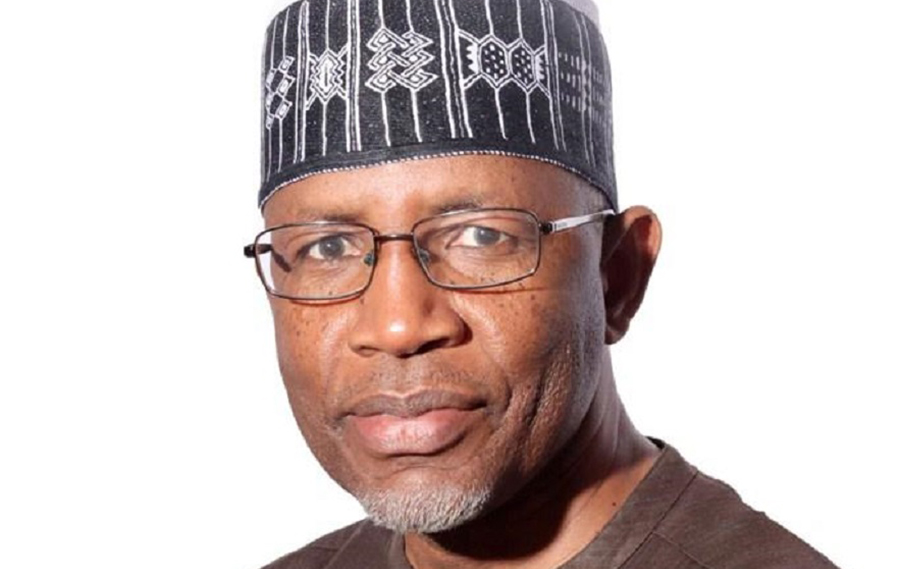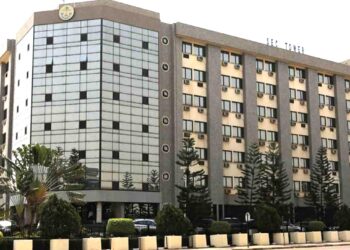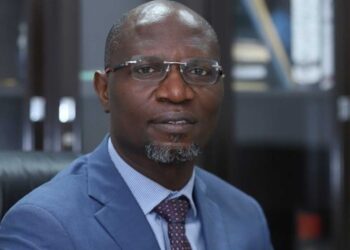Capital Market Operators (CMOs) have noted their desire for the suspension of plans regarding the recapitalisation of the stockbroking community, calling on regulators to consider the current economic realities posed by the COVID-19 pandemic.
President, Chartered Institute of Stockbrokers (CIS), Mr Tunde Amolegbe, made this known at a webinar organized by the Capital Market Academics of Nigeria themed: “Mitigating the Impact of COVID -19 on the Capital Market.”
The Securities and Exchange Commission (SEC) in February had made mention its plans for the recapitalisation of stockbroking firms ahead of the ownership change of the Nigerian Stock Exchange (NSE). At the webinar, Amolegbe called for regulators to suspend such plans for now as a result of the constraints of the coronavirus pandemic.
READ ALSO: Recapitalisation: Six insurance companies set to merge
Ms Mary Uduk, then SEC acting Director-General, in explaining the overall sentiments, consequently, had noted that only 10 per cent of the 255 stockbroking firms controlling 80 per cent of the market activities, believed that there was a need for recapitalisation.
Amolegbe explained further stating that the pandemic had slowed down NSE demutualisation programme. The implication of this will thus be a possible aggravation of the funding challenge of the CIS. Given its level of importance, he believed that the Federal Government should treat the capital market as a priority sector in terms of pandemic alleviation strategies.
“In view of the existing major constraints with regard to trading liquidity, the Central Bank of Nigeria should formulate policies that will drive more liquidity into the hands of CMOs, especially equity traders,” he said. He added that the stability and growth of the equity market would eventually lead to an overall market rebound as well as growth in the economy.
The CIS president also emphasized the need for the launch of a derivatives market as it is required to hedge investments at a period of heightened risks such as this. He observed that the Nigerian capital market had been hamstringed even before the pandemic challenge.
“The equity market, which drives performance of the other market segments had been characterised by low investor patronage and low liquidity ever since the global financial crisis which hit Nigeria in 2008,” he said.



















